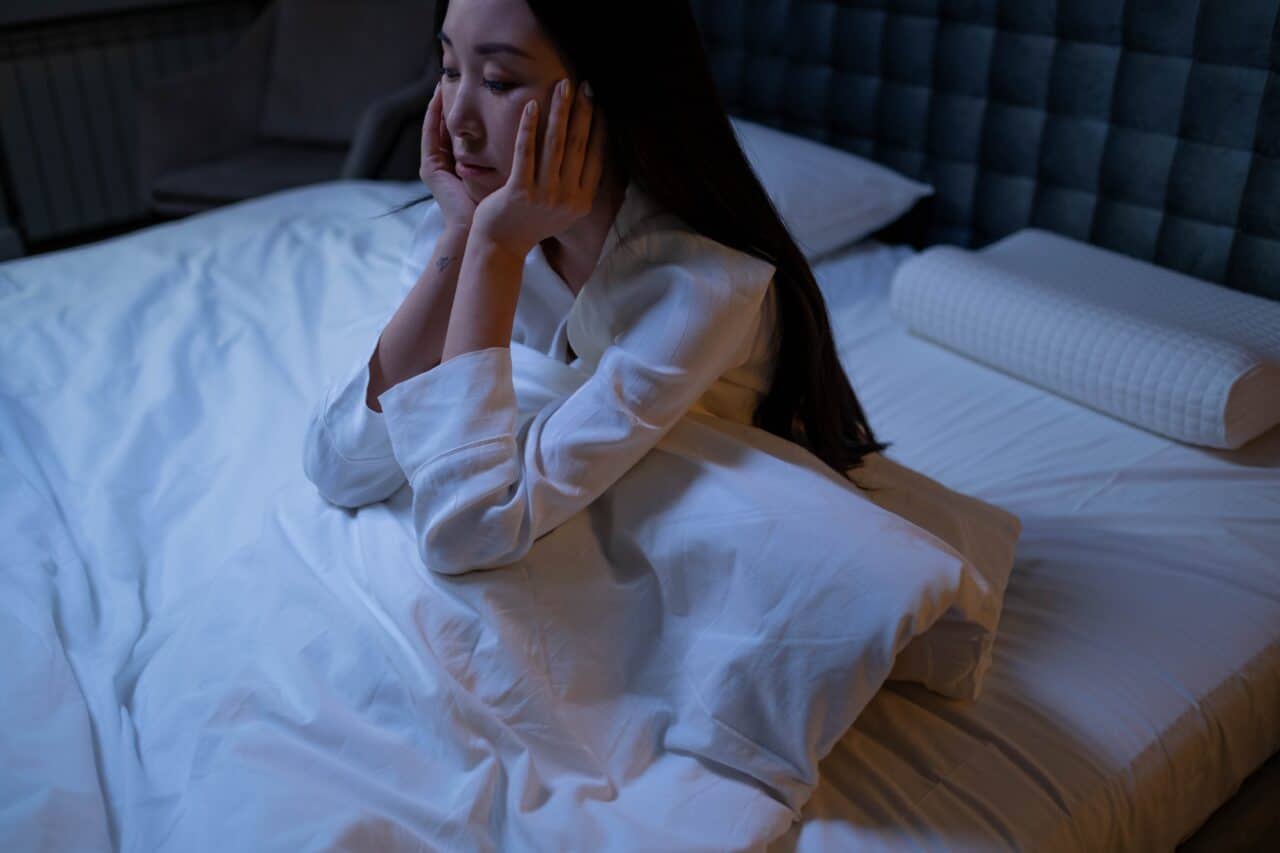We all know a good night’s sleep can be hard to come by. Many different factors can get in the way of restful sleep, including too much caffeine, work stress or a snoring partner. Research has shown that a certain type of hearing loss known as sudden sensorineural hearing loss (SSNHL) may be associated with insomnia as well.
Sudden Hearing Loss and Insomnia Risk

As the name suggests, sudden hearing loss is a type of hearing loss that comes on rapidly, either all at once or progressively over a few hours to days, as opposed to progressing slowly over the years like more common types of hearing loss.
Sudden hearing loss requires prompt treatment within the first two weeks of symptoms to have the best shot at restoring your hearing to normal.
Researchers curious about the relationship between SSNHL and insomnia looked at data from 3,155 individuals and found that “the overall incidence of insomnia during the 11-year follow-up was 1.4-fold higher in the SSNHL group than in the non-SSNHL group.”
Why The Connection?
The reasons as to why there is a connection between the two conditions are not entirely clear. However, one theory is that sudden hearing loss can lead to emotional distress and increased stress levels. When we’re stressed, we tend to sleep worse than we do when we’re feeling more relaxed.
Additionally, people with hearing loss are more likely to experience tinnitus, a ringing in the ears that can be quite distracting and also interfere with sleep. If you have tinnitus, you might look into using a white noise machine at night to help mask the sound in your ears and make it easier to sleep.
Seek Treatment for Hearing Loss and Tinnitus
As mentioned, if you experience a rapid onset of hearing loss, whether you’re at the office or taking a walk at Matteson Trail, contact your doctor immediately to make an appointment or visit an urgent care clinic. Early intervention is crucial in having the best treatment outcome.
Additionally, if you have tinnitus or more subtle symptoms of hearing loss, like that voices sound slightly muffled or that you’re struggling to follow conversations in busy environments, make an appointment with a hearing specialist. They can examine your ears, perform a hearing test and determine what treatment options, such as hearing aids, might be best.
To learn more or to schedule an appointment with a hearing expert, call Hampton Roads ENT ~ Allergy today.
